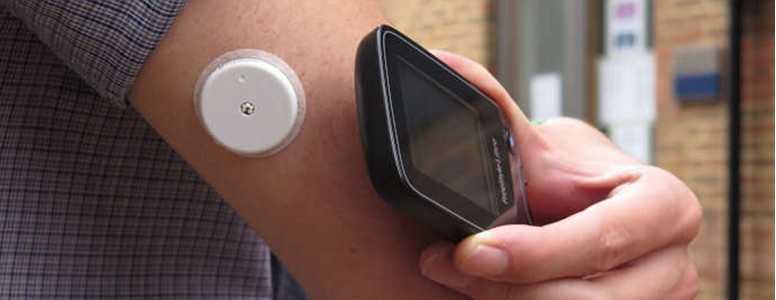The type 2 diabetes drug dapagliflozin has been rejected by the US Food and Drug Administration (FDA) as a treatment for type 1 diabetes when insulin therapy isn’t enough to control blood glucose levels.
Just 24 hours ago the health watchdog NICE announced its support for the drug as an add-on type 1 diabetes treatment in the UK, but support for dapagliflozin is not unanimous.
The FDA rejected the drug, marketed as Forxiga in the UK and Farxiga in the US, as an add-on therapy because of safety concerns. Dapagliflozin has previously been linked with an increased risk of diabetic ketoacidosis (DKA).
Dapagliflozin is an SGLT2 inhibitor which can reduce blood glucose levels by helping the kidneys to remove glucose from the blood and excrete it within urine. It can currently be used by itself or in combination with insulin among people with type 2 diabetes.
Dapagliflozin is not the first SGLT-targeting drug to be rejected by the FDA. In March, the Zynquista (generic name: sotagliflozin), a dual inhibitor of SGLT1 and SGLT2, was rejected by the FDA for the treatment of type 1 diabetes in the US.
Forxiga was first approved by the EU for treating type 2 diabetes in November 2012 and earlier this year become the first licenced oral add-on therapy to insulin in type 1 diabetes.
The British pharmaceutical company AstraZenecan, the manufacturers of dapagliflozi, has not provided any information about why the rejection was issued, nor a timeline for when it would resubmit its application.
An AstraZeneca spokesperson said: “We remain confident in the positive benefit-risk profile of dapagliflozin and dapagliflozin-containing products, as outlined in the prescribing information.”







